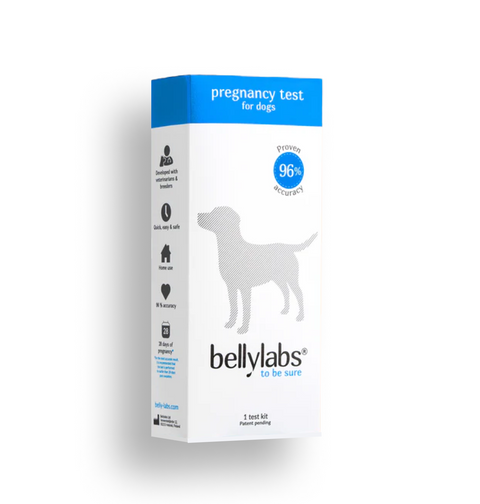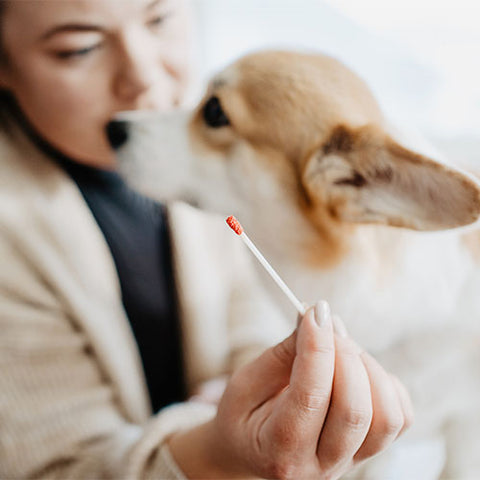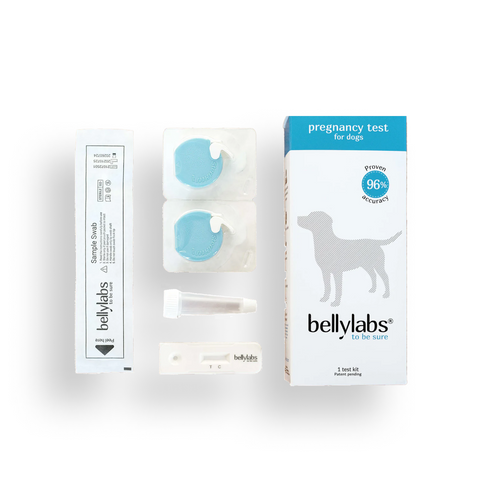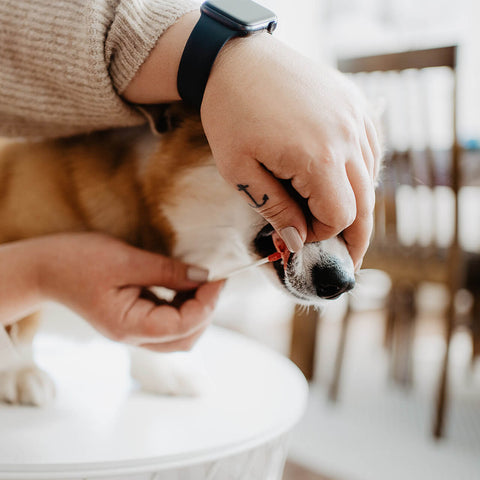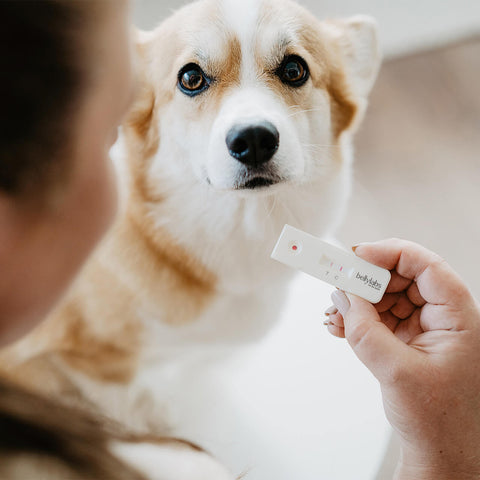Progesterone is a vital hormone that plays a pivotal role in regulating the reproductive cycle of female dogs. Understanding the functions of progesterone in dogs is crucial for breeders, veterinarians, and dog enthusiasts alike. This article delves into the physiological, hormonal, and practical aspects of canine progesterone, utilizing scientific references to provide a comprehensive overview of its significance in canine reproduction.
1. Progesterone Dog: An Essential Hormone
Progesterone, a steroid hormone primarily produced by the corpus luteum in the ovaries of female dogs, is a key player in the regulation of the estrous cycle and pregnancy. The hormone, with its various functions, is vital in maintaining pregnancy, and the level of progesterone reflects the stage of the reproductive cycle.
- Estrous Cycle
The estrous cycle in dogs is divided into four distinct stages: proestrus, estrus, diestrus, and anestrus. Dog progesterone levels rise significantly during estrus and reach their peak during diestrus, marking the onset of the luteal phase. It is the high progesterone concentration during diestrus that prepares the uterine lining for possible implantation and supports pregnancy.
- Pregnancy Maintenance
If fertilization occurs during estrus, progesterone continues to be secreted by the corpus luteum. Canine progesterone levels remain elevated throughout the gestation period, supporting the uterine environment for proper embryo development. This is achieved through its suppression of uterine contractions and the modulation of the immune system to prevent rejection of the developing embryos.
2. Progesterone Testing
Accurate measurement of progesterone levels is essential for timing breeding or other reproductive interventions. These tests provide quantitative data on the concentration of progesterone in a dog's blood, enabling veterinarians and breeders to pinpoint the ideal time for mating or artificial insemination.
Progesterone for dogs testing should commence during estrus and until she has ovulated. Timing is critical, as mating outside the fertile window can lead to unsuccessful breeding.
3. Pregnancy Diagnosis
Monitoring progesterone levels during the pregnancy of a dog is also a common practice. A sudden drop in progesterone indicates the impending end of pregnancy, as the corpus luteum regresses. This can be a valuable tool for predicting the timing of whelping.
4. Disorders and Complications
While progesterone is crucial for canine reproduction, imbalances can lead to disorders and complications. Conditions such as cystic endometrial hyperplasia (CEH) and pyometra can result from hormonal irregularities, including abnormal progesterone levels. Identifying and addressing such issues promptly is essential for maintaining the health of breeding females.
In conclusion, progesterone is a fundamental hormone that plays a central role in the reproductive cycle of female dogs. Its functions include regulating the estrous cycle, supporting pregnancy, and maintaining the uterine environment. Accurate measurement of progesterone levels is essential for successful breeding and managing pregnancy. Understanding the hormonal dynamics and the timing of mating or artificial insemination based on progesterone levels is key for breeders and veterinarians.
By staying informed about the significance of progesterone in canine reproduction and applying the latest scientific knowledge, we can enhance the health and reproductive success of our canine companions.





